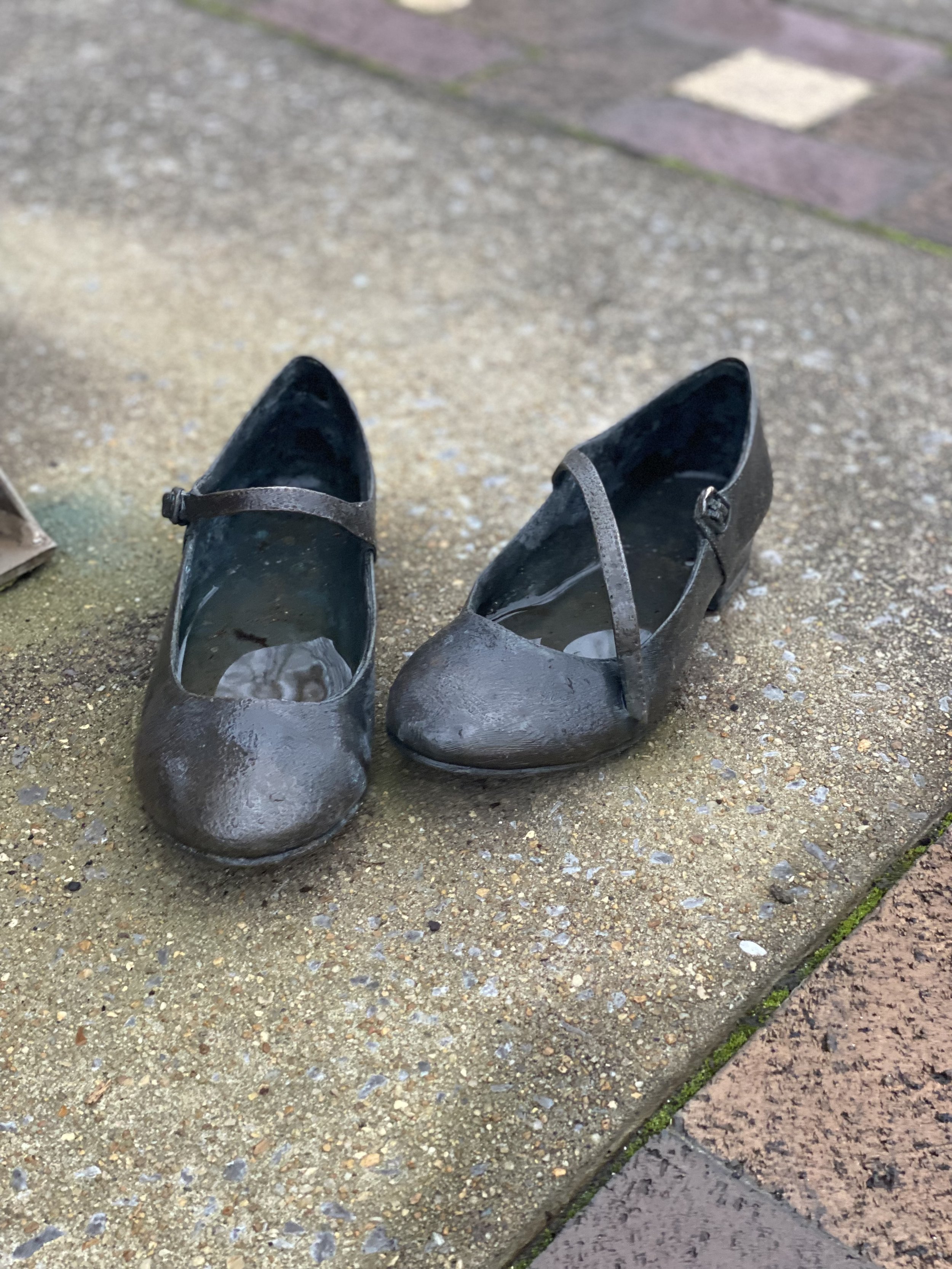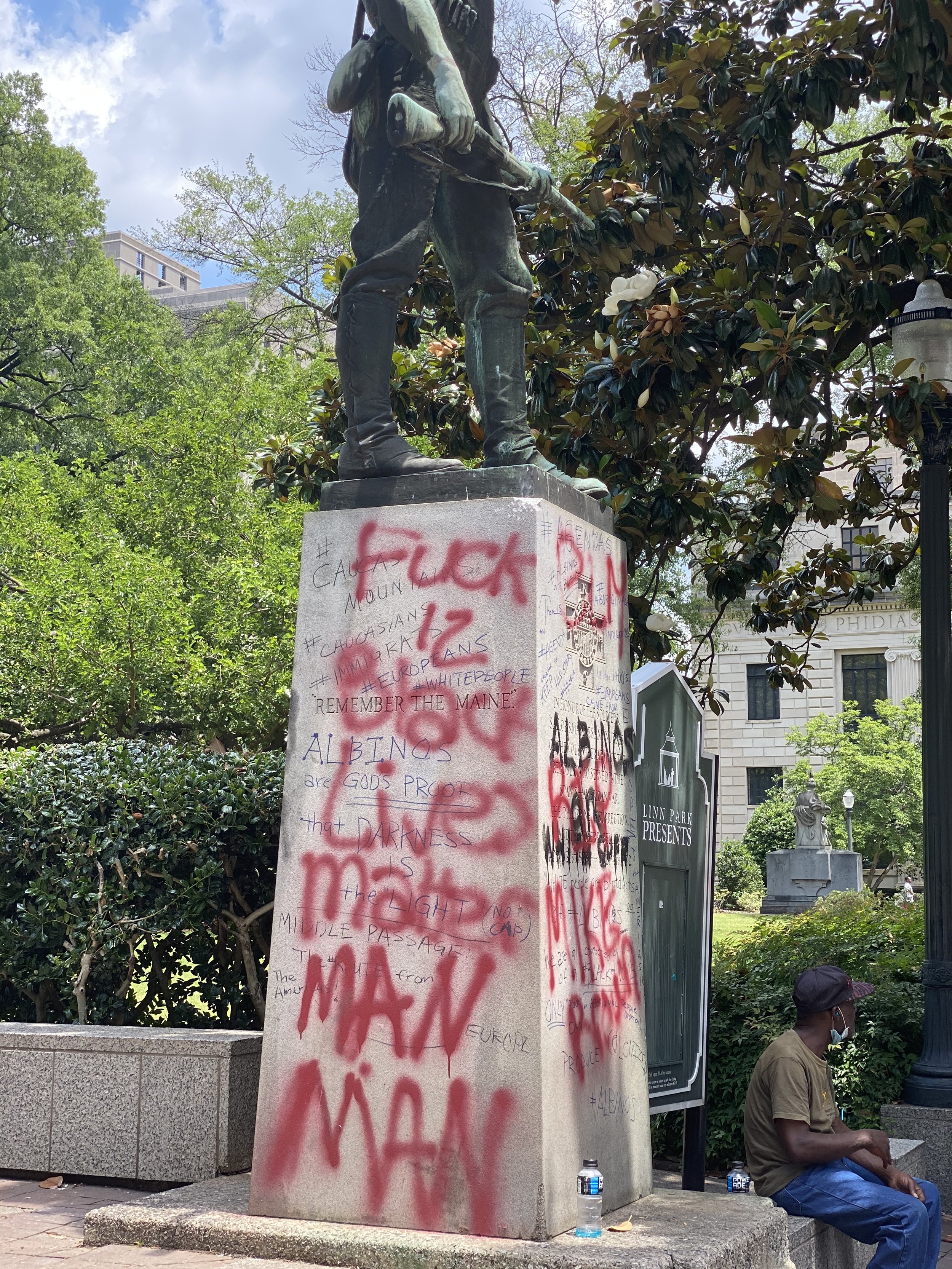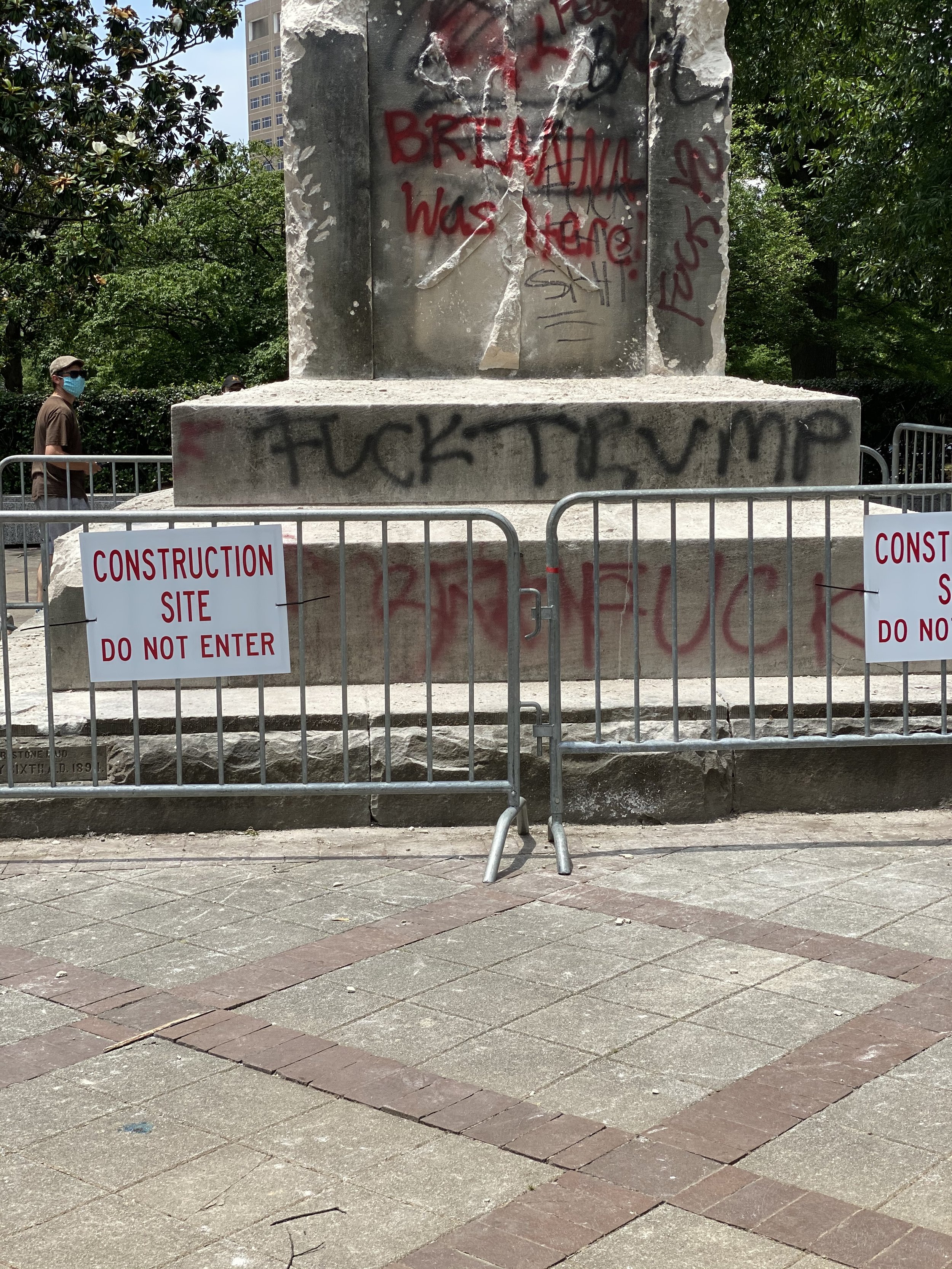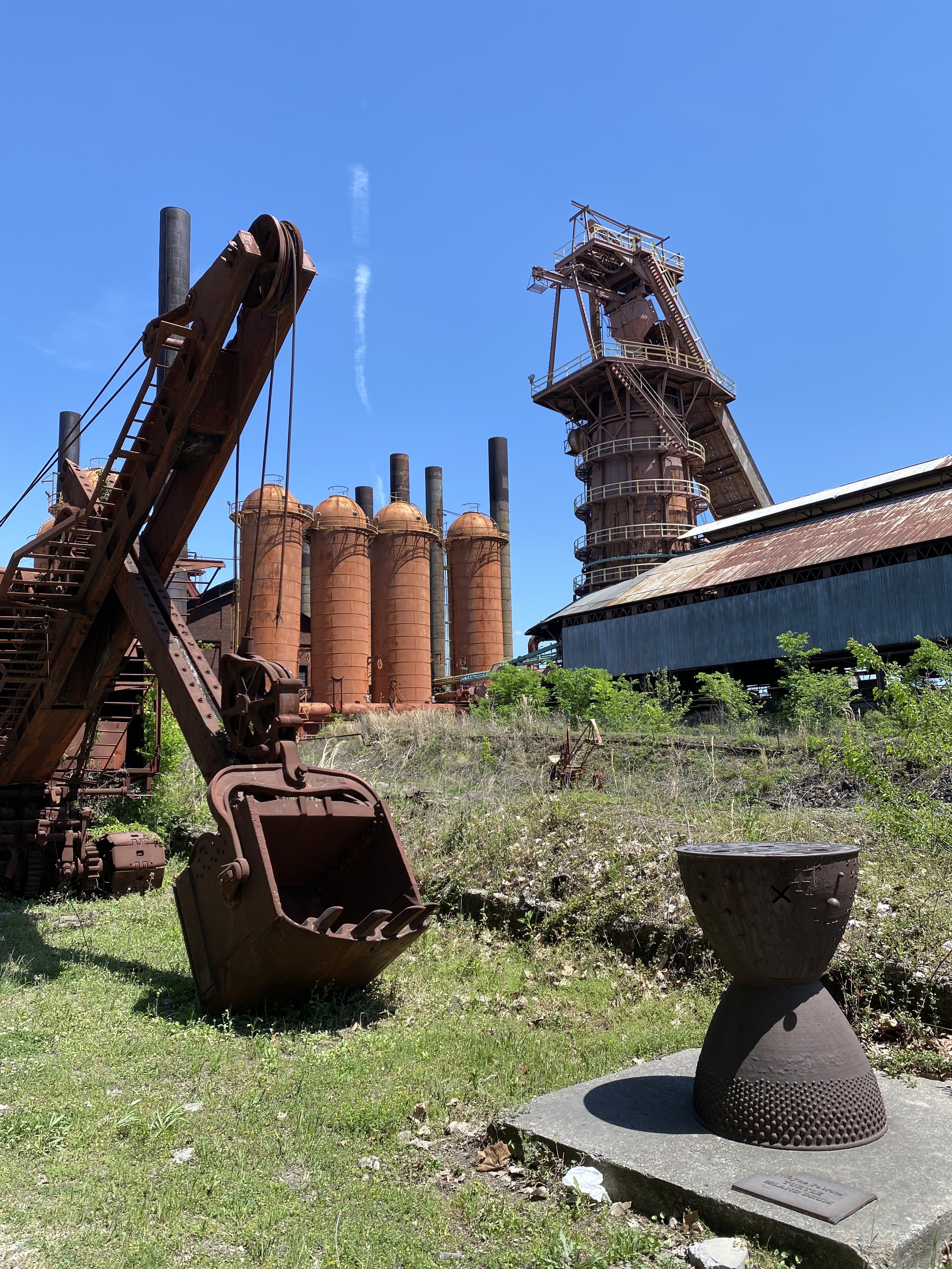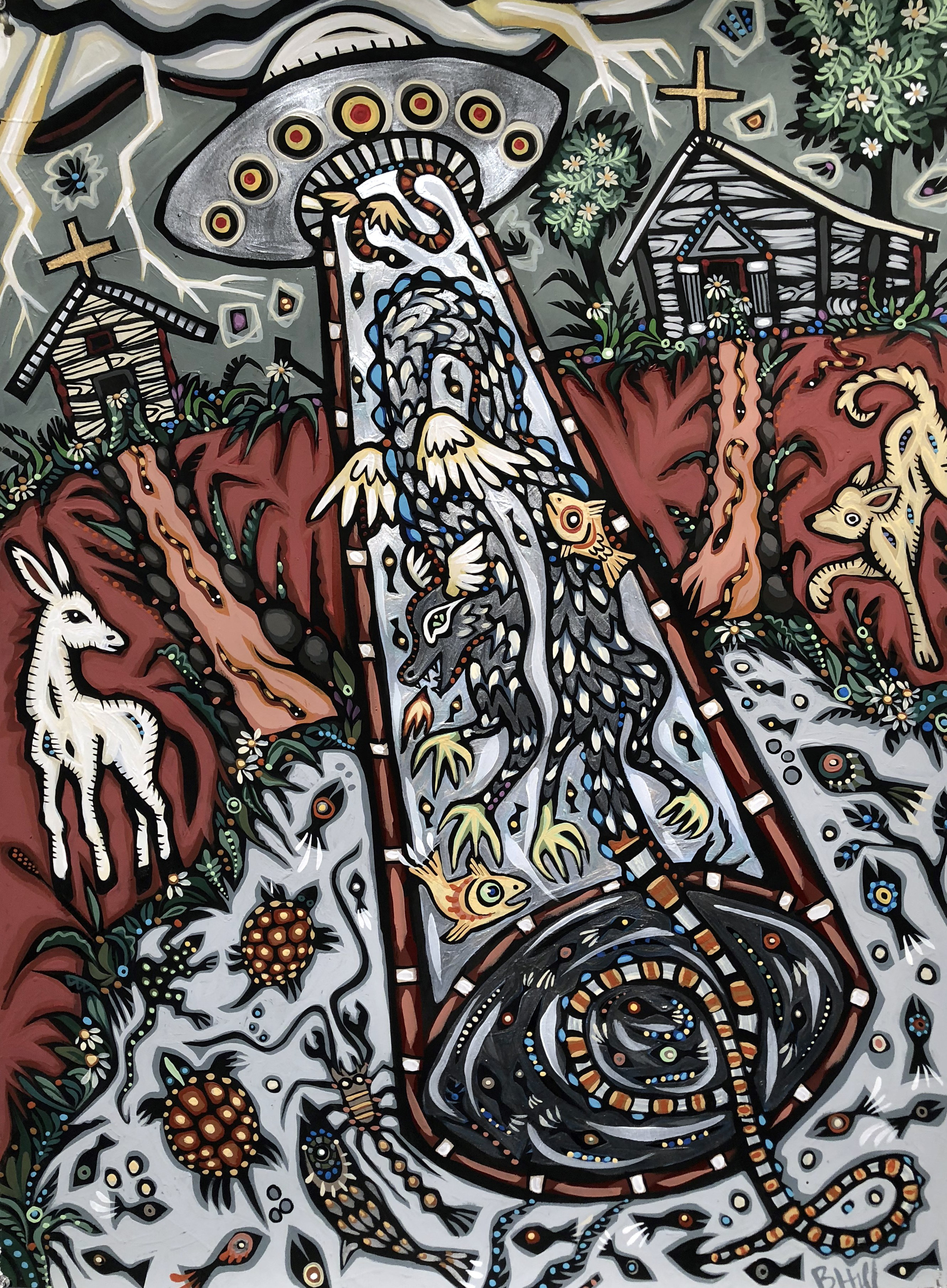
‘It is the light which owns nothing’—18 ways of looking at Birmingham
1.
My mother’s nightmares are not yours but just as binding . . .
—Audre Lorde, ‘To the Girl Who Lives in a Tree’
Though blurry and overtaken by weeds, the memory of my first year in Birmingham is binding. I am bound to, and by it. For a semester, I teach poetry to fourth graders at a public school in the city. The poem uses language to convey how something feels, I tell the students, and how something feels can help us answer the question of what it means.
Daryl stands near the whiteboard and describes how it feels to be green. The poem is prickly. At its heart lies a riddle. A cactus.
In the corner of the room, carved away from her peers, a girl sits at an empty table. The teacher told her to go there due to disruptive behavior. Her voice creeps along the window-sill scorched by Birmingham sun, the warming of two words rubbing together. She whispers grass-hopper, grasssssssshopper, grass hopper. Something changes. Something is changed. The tiniest poet uses her mouth as a seam-ripper to take things apart.
2
On the walk home, I listen for grasshoppers and think about the girl, alone at the table, consigned to the margins. A Black elder with waist-length dreads walks his bike in the same direction. ‘Hey, it's the anniversary of my choice,’ he says, recounting how one year ago to the day, he felt called to sell his car, purchase a bike, and start a community garden. He rides his bike to work across town every morning. A purple wind chime dangles from the handlebars.
I don't know anything about Birmingham. ‘Hey,’ the elder says, pausing to stare at a massive oak tree, ‘Look here. If you want to know about this city's history, you need to ask the trees. Especially these old ones. The old trees have seen everything. That's why politicians hate them,’ he said. ‘Politicians are always tearing down wise, gnarled trees to make space for slick, svelte, new ones. Politicians poison an old oak and then plant a fancy shrub over it. People hold their tongues and keep secrets, but the trees here aren't afraid to talk. They will tell you the truth, if you sit near their roots and listen.’
3.
‘Look at the trees,’ says Sophocles in Antigone. ‘By embracing the movements of the tempest they preserve their tender branches; but if they rear against the wind they are carried off, roots and all.’ The trees resist displacement by protecting their roots. Foolishness knows how to dig deep and adapt to the wind. Something changes.
4.
Carl Phillips once described a poem as ‘a form of negotiation with what haunts us.’ Poets come to the page ‘to speak from our own hauntedness to the hauntedness in others’—to reach out towards the reader who may recognize a shard of themselves on the page, to honor the ghosts whose names beg to be spoken, to tarry with the unspeakable, or the unspoken.
A pair of shoes sits on the ground near the bench. Four girls, two of whom are barefoot, gather round: Cynthia Wesley sits on one end of the bench with a Bible in her lap; Carol Denise McNair releases doves into the air as Addie Mae Collins bows a sash around her dress; Carole Robertson, stands apart from the bench, beckoning the girls to church. They are laughing, preparing, slipping into their Sunday best.
One pair of shoes remained untouched when the building exploded.
I'm describing ‘Four Spirits’, a statue sculpted by Elizabeth MacQueen.
Located across the street from 16th Street Baptist Church, ‘Four Spirits’ is dedicated to the four girls who were killed in the basement of the church when it was bombed by the KKK on September 16, 1963.
The sculpture lives in Kelly Ingram Park, which served as a locus for the Civil Rights Movement, and continues to serve as a locus for protest. Countless marches and direct actions—whether for reproductive freedom, queer liberation, or environmental justice—are been staged in this park. To my kids, Kelly Ingram Park is where the injustice of the past meets the fury of the present in a relentless hope to march for the future. Water pools inside the small metal shoes near our feat.
A poem by Alabama State Poet Laureate Ashley M. Jones, ‘Addie, Carole, Cynthia, Denise’, begins: ‘Amen, Alabama. / Bring in the Dixie sun’. Jones collages images to enact the shock and terror of that bomb:
Loud vibrato
melting the Sunday sky
The bomb is a booming voice in this lyric memorial for the four girls, which the speaker addresses directly to the state of Alabama—its past, its present, its future.
In an email, Jones describes the difficulty of moving between personas and points-of-view: ‘The last few lines take on the point of view of the villains—the KKK, anyone who sees a Black person and thinks "kill"—and I'm always unsure if people know that's who's saying "wa wa watermelon, zippety do dah." And maybe my worry is unfounded—a poet never quite knows, but for me, those last few lines drive home the inhuman way those men (and many others, in past and present) see even a Black child.’
5.
MacQueen's sculpture and Jones' poem keep the names of the girls alive—in their presence, time expands to include collective cultural memories as well as the buried, private ones.
Statues and monuments preserve the past, and determine how we imagine the future. A monument represents what a town considers memorable. One mark of a monument's success is its invisibility—its normalization as a part of the landscape.
When a monument is removed, the plaza stands empty, ghosted, aggrieved. An empty statue plinth is expectant; it waits to see what we will remember.
6
A hundred-fool billboard announces a Gun Show across from the city's elementary school. A father purchases an antique rifle for his son to celebrate their first participation in a Civil War Reenactment. Heroism's relation to violence and slavery goes unmentioned—it is part of the landscape and the economy. Tourists come to pay their respects to the heroes of violence.
A poet pauses, looks closely, and palpates the history of fear and violence as it exists in the Black speaker's body. Nabila Lovelace's poem, ‘Veterans Memorial Drive’ drives through an Alabama town, allowing the flesh to inhabit multiple, contrary emotions:
there is an entire boulevard
for a veteran's memory
in Tuscaloosa.
Collective memory
is a hell of a snag.
My memory is a long Uhaul
down Memorial Drive
disobeying traffic
I am the largest
on this paved liquer
& even the smallest
child burnt doesn not
stop the maniacal laugh.
The speaker is both the smallest and the largest. The fear which hides beneath laughter. Lovelace continues juxtaposing contraries in the mind of the speaker, in her poetry collection, Sons of Achilles. I return to it often.
7
In Birmingham, proponents of the Confederate Lost Cause wove a romantic tale of individual heroism that focused on Civil War battles and individual heroism. The Daughters of Confederate Veterans funded many of the Lost Cause statues which stand in southern cities.
Something in me defreezes when remembering that night in May 2020 when a massive crane officially removed the 52-foot-tall Confederate Soldiers & Sailors Monument from Linn Park, as weeks of BLM protests brought locals together carrying signs, sharing food, offering free clothing, books, and water—
and shaking bottles of spray paint to tag the plinths of Linn Park with their poetry. Graffiti is also a poem which renders a city legible, which reclaims the history and rattles the powerful. Tags compete with billboards and ads as platforms to persuade the public imagination.
8.
If anything can teach us not to be afraid,
it is the light which owns nothing
—Deborah Digges, ‘For S.’
The light shapes what it touches. Ashley M. Jones describes ‘the sunlight touching the plants’ in her family's backyard, connecting her thriving to the luscious garden her father tended so carefully before his sudden death.
The light rises, lingers, and descends over a dogwood flower unfurling, a child’s eyes shut against the noon sun on swing, a porch umbrella left open, a discarded jazz shoe near a streetlight, a feeling that doesn’t decant or revise itself because the moment can only be known in the way it was remembered—shot through with light.
The new gets built over the past, and yet the past persists. Poets articulate this past as an abiding presence in ruins, in abandoned spaces, in gardens. Gabrielle Bates describes attempting to locate animal spirits in a converted warehouse downtown:
There’s a five-story building on 1st Avenue North (Armour & Co) that’s currently being converted into apartments. As I understand it, pigs used to be slaughtered in that building, meat packaged and smoked and distributed out, but the story changed over the years, got kosherized in conjunction with the sale of the building to a Jewish man, to say the animals were cows instead. By the time my mama bought the building around 2000, it’d been unused and filling with dust for many years. Windows were broken and pigeons were living inside. The floors were rotting through. It was a magical place to me—I was always discovering rooms or stairways or heavy steel doors I’d never seen before. Every night I slept there, I listened for the ghosts of the cows, but I could never hear them and felt like a failure; when I learned as an adult that the animals had actually been pigs, I understood I’d been listening for the wrong kind of ghost.
For Shaunteka LaTrese, ‘there is no place more sacred or spiritually connected to me than the Birmingham Botanical Gardens.’ Ever since she could drive, LaTrese says this garden ‘has been the place that frightens and liberates . . . but also, the one place losing myself never happens’:
The land we know as the Botanical Gardens and most surrounding areas was once a cemetery, and the rumor is the graves were never moved . . . Planting my feet into the soil causes an instant reconnection with the present moment. The leaves always sound like they're laughing at me.
The soil tells LaTrese how to live, to feel, to be present in life, in the bright greens of living and creating. Like the city's oldest trees, the soil creates a threshold where temporalities meet.
Our sunsets are extraordinary. Yet the etiology of Birmingham's coal-fired orange sunset serves as a reminder that the Good Ole Boys own the power plant, the local governments, the present of this horizon. Light's relationship to the city skips between awe and disgust. For it is the air pollution which produces the flaming ochre, violet, and fuschia sunsets. This tension reminds me of Taylor Byas' ‘Spring Elegy’, which begins like an aubade only to insist on its elegiac mode:
You said it was like being unwound—
a tiny fist cranking you back
into a music box—when the dawn chorus
began each spring morning, an ellipsis
of robins on the sill.
The light appears as a season, a certainty, a lovers' punctuation and discourse—but the poem ends with the surety of leaving as a form of repetition. The sun rises and falls and changes. I'm fascinated by the brutality of what we call beautiful. Metaphor is the shadow of speech. The angle of light alters how we read it.
9
The danger of the lyric essay is clouds—or the emergence of cloudiness which offers semantic meaning without context.
The danger of the narrative essay is oversimplification, or to render reductive, linear, overly consequential—it is to pack things too tightly into a form that feels like it follows when what follows is never quite clear. But the problem with any essay is how many people one must become, how many voices one must try, in order to write it.
10
As summer heat swarms the asphalt, I study writers in translation. My days narrow into caring for three children full-time while juggling work and writing.
On the morning of a planned hike, an ozone alert is announced. The local meteorologist describes a heat wave descending upon Birmingham. To placate the younger mammals, I promise ice cream, ducklings, a trip to the park.
At the local creamery, my kids debate which flavor to sample first. The small room is crowded, an older couple complains about kids breaking in line. A student outfitted in the local university logo glances down at her wrist; she checks her steps, measuring them against calories. There is the buzz of metrics, self-improvement, and money. There is a remove, a liberal smugness and comfort, which annotates the persistence of white supremacy.
‘It is filthy but imagines itself to be clean,’ writes Elizabeth Hughey in ‘Stop Breathing’, a poem from White Bull, a poetry collection composed entirely of words taken from the letters and public statements of Birmingham's notorious segregationist, Bull Connor.
‘I thought if I repeated a word enough it would change its meaning,’ writes Hughey, facing the legacy buried inside the speeches of respectability politics.
11
We roam to Avondale Park, where a small crew of children draw circles in the sand and try to keep their circles from overlapping. This one is mine, a boy says. He uses a twig as both pen and pointer: to create the space which belongs to him, and then to enforce how others relate to this space. Seven teens dressed like ninjas pause to ask the other children for cash. They are thirsty. The children in the sandbox ask their parents for money to save the ninjas. My kids want to go home or play in the sprinkler. ‘Everyone else in my class is getting a puppy,’ the littlest says as we pass the gas station. The street smells like a wound of piss and scorched asphalt.
We feed the ducks as airplanes carve lines across the sky on the way to the Birmingham airport, where they will land. I'd do anything for a flight out.
12
The Magic City was born suddenly, from the dreams of a New South made from old money. In 1870, a group of 12 businessmen formed a land company in Jefferson County. One had recently traveled to Britain and seen the English industrial city. He suggested the name Birmingham, and the others approved of it. Then they began buying up property. With advice from an engineer, Henry Debardeleben purchased promising coal and iron ore properties all around the city. In partnership with an engineer and a successful railroad entrepreneur named James W Sloss, the three men established the Pratt Coal & Coke Company. The mines opened. The murders began. Debardeleben refused to engage with organized labor. Twice in the 1890s, he broke miners' strikes by hiring nonunion, Black workers.
Many who live in Birmingham have ancestors or family that came for the metal work or the mines. ‘When my great-grandparents on my mother's side immigrated from Sicily, they were sent here because there were so many factories that needed workers,’ Emma Bolden said. ‘On my father's side, they were coal miners who moved from coal town to coal town.’ One hears a restlessness along the expression of rootedness, like an ear listening for a train's whistle, an insecurity in claiming this landscape or terrain—a sound which Bolden brings to her poem, ‘Hum City’:
A hum. Steady, unhurried, lush and long
like a lingering touch behind the barrier of a church
pew, loud as the silence that lit the night and stayed
stuck even in the shaft of the holiest throat.
A humming sounds so round—it carries its song like a secret. Or a language beneath a language.
Bolden's sharp sonic effects remind me that consonants carry the meaning of a word. Intonation is based on one's personal relationship to vowels; it describes how vowels are vocalized. In Alabama, vowels stretch out behind words like streamers, connecting the end of one word to the beginning of a different word. There is something erotic about this extension, in how Southern accents leverage the sinuousness of vowels.
A drawl is a drawing-out of vowels hidden inside a word. A hum carries its song like a secret which may include sibilance stuck in the shaft of the holiest throat.
13
‘The work of writing is always done in relation to something that no longer exists, which may be fixed for a moment in writing, like a trace, but which has vanished,’ Georges Perec tells Frank Vernaille in an interview.
‘I don't know how the present intervenes,’ Perec adds.
Speaking of the Pratt Bros, fortunes were made by their investment in Sloss Furnaces. My son plays keyboard in a jazz ensemble at the annual Sloss Furnace Festival. The industrial ruins of the furnaces resemble rusted Parthenon columns; iron is the god that Birmingham was built on, and this is its church. Even the artists find themselves worshipping in it.
14
The work of memory is multi-layered and intrusive—again, one is reminded of how the past sells itself forward as romance. As something romantic.
Emma Bolden's prose poem, ‘Arlington’, quotes an advertisement for a wedding venue from the Weddings page on the Arlington Home and Gardens website:
Arlington is a venue where traditions from around the world can freely harmonize with golden days of past elegance. We are the last Antebellum home in Birmingham and would provide a unique backdrop to such a special occasion.
—from the Weddings page on the Arlington Home and Gardens Website
Leaning into subversive juxtaposition, Bolden responds to the sales pitch by describing the grounds:
Now weddings flower in that stately home in which white haunted. In which white hunted. In which lived a history made by hands the same pale as ours. Even the mulberry trees hang their head, abloom with blood. These grounds are a grave dug by hate’s hands.
The trees show the shame humans have failed to learn from. The advertised blooms are stained by history. The context makes it impossible not to see what was here, for the poet.
‘Vowels are sticky; they bind and wind through others, attaching their imprints and echoes,’ Anne Carson writes in Eros the Bittersweet. Where vowels open the mouth, consonants limit sound, marking the edges. ‘In which white haunted. In which white hunted’—Bolden's layering of consonants feels like masonry; there is no breath between the bricks.
If there is no breath between bricks, there is an unexpected echo which creates simultaneous sounds alongside the poet's words and images. It's as if the past lingers in the relationship between what is said and the buildings, the streets, the roads. My son sits in front of the piano and works on transcribing a composition. His foot rides the sustain pedal to draw out the sound, to wet it.
A wet sound is not the same as a dry sound. French composer, Erik Satie, relies heavily on the sustain pedal in ‘Gymnopedies’. The question of how to play without a pedal involves how to link and flow notes into each other, how to blur their margins and soften their edges. But the insoluble problem for pianists is that, when you play an A and engage the pedal at the same time, the dampers are lifted off the strings, so the other A's on the piano also sound off in sympathetic vibration. Overtones enter. This sustain pedal wets the notes.
Like the sustain pedal, the emphasis on vowels drags the sound through our heads. The echoes invoke ghosts. And ‘Those ghosts aren't / in any hurry to leave,’ Jason McCall reminds us in ‘For 95 Bodies Found on the Imperial Sugar Plantation’. Those ghosts have nowhere to go. I'm willing to be wrong about that.
15
‘The problem is that Birmingham's economy is based on producing raw materials for others,’ a retired postman tells me. This is true of industry, but the poets of Birmingham produce for Birmingham; they leave their words tangled on streets, in woods, behind houses, holding names in common. It's a wonder that poet-dreams have become places on the map. There is the purple house where Laura Secord lives and runs workshops. There is Liz Hughey's Desert Island Supply Company, a nonprofit which encourages the city's children to share poetry by bringing it to local schools. There is Ashley M. Jones' Magic City Poetry Festival. There is new money, old money, developer money, the absence of money, the industry of healthcare in a town filled with doctors. There are community groups and more culture workers than I can name who do visionary work on the ground.
‘To the world, Birmingham looks like a bright orange or yellow, low in frequency and energy, missing the mark too often on too many things,’ Shaunteka LaTrese says. ‘But on an average day, Birmingham is the color blue invoking a calm, serene vibe producing short wavelengths that have yielded high-frequency beings like myself and many others.’
16
‘Phantoms are futuristic. They see where we go.’
—Dan Fox, Limbo
A man sits on his porch and plays down the sun with his father's mouth harp; the melody kinned to kudzu skirts being ruffled by wind. Somewhere over the man's shoulder, Vulcan, the world's largest cast iron statue, stares over the city, his eyes glued to the smokestacks whose fists rise against the horizon.
I live on the side of Red Mountain's left hip—and it watches, too. Red Mountain eyes the crimson dirt which heads out of town on westbound trains at sunset. Sometimes the sky reflects it back in muted hues of scarlet, like blush across a blue cheek, the heavens are embarrassed by what we sell of the soil, the water, the flesh.
The green areas near Oak Mountain speak to Emma Bolden: ‘I loved driving down the back road by the amphitheater, which was so dense with trees that they nearly touched each other.’ She mourns how developers have cut down the trees in the area.
The meadow that holds its fog to hide lovers speaks to Gabrielle Bates.’I’m attached to the place’s warped image in my mind, having carried it with me all these years, to other places . . . at night, in the headlights of a parked car, it felt like a portal to another realm,’ she says. ‘When I moved away from Birmingham at twenty-two, that place became what I travelled through to write poems.’
And the Black Warrior River, named after Chief Tuskaloosa, whose name was Muskogean for 'Black Warrior', reminds us of the first peoples displaced by war, genocide, and development. The relationship between the water of the Black Warrior River and the residents whose blood is fed and sustained by this water.
17
The daily coal train feeds the enormous appetite of one of this country's last remaining coal-fired power plants. Train tracks carve up the city; we plan our afternoons round the train's timing. Coal has a clock here, a rumble which alters the trajectory of our lives.
Jason McCall writes about the legacy of railroads in the lives of his Black ancestors, and the intimate hauntings of blood. ‘I don't need John Henry / with a bootstrap epilogue,’ McCall's speaker says in ‘I Need John Henry.’ The poem continues by bringing a Black, Alabama-raised rock musician into the speaker's vision for the future:
I need John Henry
leaving his hammer in the Alabama muck so it can grow into
Brittany Howard's voice.
The image invites the dirt; the speaker tells us that a hammer left in the moist, gunky muck creates the raw, guttural quality of Howards' voice.
I think of how the air carries this raw-stickiness when Birmingham weather gets so humid that church pianos snap their strings from the tension caused by the swelling of wood. The soundboard, usually made of spruce, holds moisture from the air and expands upward; as strings rise with the humidity, they begin to stretch. The tighter the strings, the higher the pitch. Never leave a window open in the springtime if a piano lives in your house. Or: leave the windows open and the hammer in the dirt to give us a local resonance, an embodied and defiant realism.
To live in the city is to trace the hours according to the rhythms of its trains, to carry the exorbitant syllabics of late August heat on your skin over the sidewalk, to admire the strength of the old trees whose roots bust up through patches of asphalt overnight. It is to laugh in defiance. And it is to cry.
18
As September begins, the time changes. The delirious aroma and spiked purple of passion flower vines appear along the train tracks. The college football calendar takes over weekends, and schedules. Growing up in an immigrant home, Romanian traditions ordered our lives, determined our days. This changed when my parents divorced and remarried Americans. Suddenly football became the thing which structured their lives. This resentment appears in my poems—it is a personal act of resistance against the promise of belonging to flags, teams, and identity in exchange for entire seasons of nothing else. I refuse to grant a brand this space inside me.
I know many poems gestate in that space I've refused to give the world—in the quiet patches of interior resistance. We poets demand so much intensity from life, so much splendor and awe. One could end up losing everything in that hunger for ecstasy. One could wind up like cornet-player Buddy Bolden, who held a high note so long on his instrument that people say was the last note he ever held outside the Alabama State mental institution where he lived for 30 years. If you play it like it's the last note, if you play it like Buddy, jazz comes out. But it might not be compatible with living in the world.
And so I find myself atop the see-saw of southern life. The problem with clouds is a lyric essay covered in smoke stacks. I promise ice cream, ducklings, a trip to the park . . . The street smells like a wound of piss and scorched asphalt. I cross my heart and hope to die on it.
Alina Stefanescu was born in Romania and lives in Birmingham, Alabama with her partner and several intense mammals. Recent books include a creative nonfiction chapbook, Ribald (Bull City Press Inch Series, Nov. 2020) and Dor, which won the Wandering Aengus Press Prize (September, 2021). Her debut fiction collection, Every Mask I Tried On, won the Brighthorse Books Prize (April 2018).
